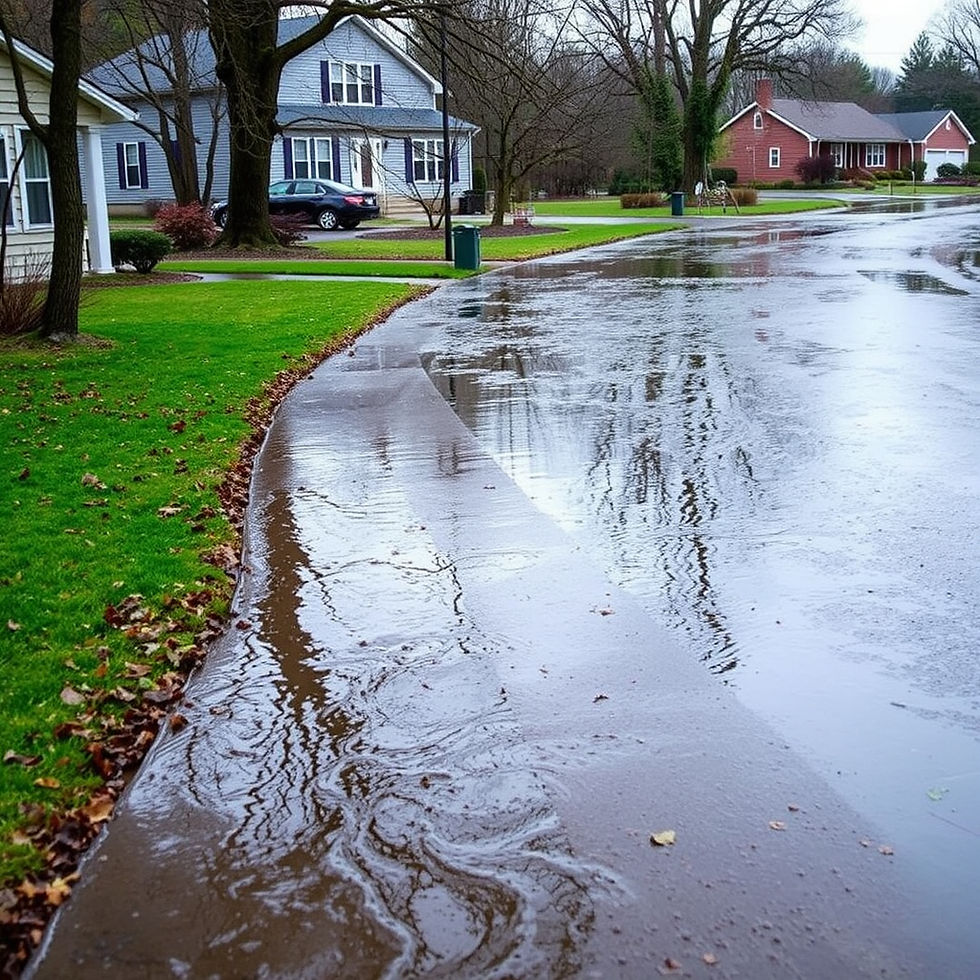How Long Does Grass Seed Last? A Complete Guide for Homeowners
- Jayant Upadhyay
- Jul 20
- 4 min read

Grass seed is an essential purchase for homeowners and landscapers aiming to achieve a lush, green lawn. However, many people often wonder: how long does grass seed last? Does it expire? Can old seed still grow? This comprehensive blog will address these questions in simple, practical terms and provide expert insights into extending the life and effectiveness of your grass seed.
Table of Contents
Understanding Grass Seed Longevity
Do Grass Seeds Expire?
Shelf Life of Common Grass Types
Factors Affecting Seed Longevity
How to Store Grass Seed Properly
How to Test Old Grass Seed for Viability
Can You Use Expired Grass Seed?
Signs Your Grass Seed Has Gone Bad
Best Practices to Maximize Seed Life
FAQs
Understanding Grass Seed Longevity
Grass seed doesn't last forever, but it doesn’t go bad overnight either. Under optimal conditions, most grass seeds can remain viable for 2 to 5 years. However, the longer you wait to use them, the lower the germination rate becomes. In simple terms, fewer seeds will sprout as time passes.
Do Grass Seeds Expire?
Yes, grass seeds technically have an expiration date. Manufacturers often print a "sell-by" or "tested by" date on the packaging. This date doesn't mean the seed becomes useless after it but indicates when the seed was last tested for germination. Over time, the germination rate drops, making the seed less effective.
Shelf Life of Common Grass Types
Different grass types have different shelf lives. Here’s a quick overview:
Grass Type | Shelf Life (Approx.) |
Kentucky Bluegrass | 2-3 years |
Perennial Ryegrass | 3-5 years |
Fescue (Tall/Red) | 3-4 years |
Bermuda Grass | 2-3 years |
Zoysia Grass | 2-3 years |
These timelines assume the seeds are stored in ideal conditions.
Factors Affecting Seed Longevity
Several elements influence how long your grass seed stays usable:
Temperature: High heat shortens seed life.
Humidity: Moisture can cause mold or sprouting.
Exposure to sunlight: UV rays degrade seed viability.
Pests: Rodents and insects can damage packaging and seeds.
Packaging: Airtight, moisture-resistant containers work best.
How to Store Grass Seed Properly
To get the most out of your grass seed, follow these storage tips:
Keep it cool: Store seeds in a cool, dry place (ideally 40°F to 60°F).
Use airtight containers: Keep moisture and pests out.
Avoid direct sunlight: Store in a dark area.
Label with purchase date: Helps you track shelf life.
A basement or a dry corner of your garage often works well.
How to Test Old Grass Seed for Viability
Before throwing away old seed, test it:
Take 10 seeds and place them on a damp paper towel.
Fold the towel and place it in a plastic bag.
Keep it in a warm area (around 70°F) for 7–10 days.
Check for sprouting: Count how many seeds have sprouted. If 7 out of 10 sprout, your seed has a 70% germination rate.
If fewer than 5 sprout, consider replacing the seed or increasing the seeding rate.
Can You Use Expired Grass Seed?
Yes, but with caution. Expired grass seed is not dangerous, but its effectiveness may be lower. You may:
Experience patchy or uneven growth.
Need to overseed more heavily.
Wait longer for full germination.
In short, it’s usable, but not ideal.
Signs Your Grass Seed Has Gone Bad
Watch out for these indicators that your grass seed is no longer good:
Musty or sour smell: Could indicate mold.
Clumping or moisture in bag: A sign of poor storage.
Presence of insects: Seed may have been infested.
Visible mold: Discard immediately.
If the seed shows any of these signs, it’s better to get a new batch.
Best Practices to Maximize Seed Life
Buy only what you need: Reduces the risk of having leftovers that might expire.
Check the test date before buying: Always choose the freshest batch.
Store seed in small, sealed batches: If moisture gets into one container, the rest are safe.
Use desiccant packs: These absorb moisture and extend shelf life.
FAQs
Q: Can I freeze grass seed to make it last longer? A: Freezing is not recommended as it can damage the seed. Cool, dry storage is better.
Q: Does grass seed work better if it’s fresh? A: Yes. Fresher seeds typically have higher germination rates and grow more reliably.
Q: Should I buy grass seed in bulk? A: Only if you can use it within 1–2 years or have proper storage conditions.
Q: How do I read the date code on a grass seed bag? A: Most bags have a "Tested" or "Sell By" date. Choose seed tested in the same year or previous one for best results.
Q: What is germination rate? A: It's the percentage of seeds expected to sprout. A 90% rate means 9 out of 10 seeds should grow.
Final Thoughts
Grass seed can be a long-lasting investment—if handled correctly. By understanding the shelf life of different seed types and storing them properly, you can ensure strong, green growth even if you're using seeds from last season. Always test old seeds before planting and buy only from reputable sources to ensure your lawn thrives from the start.
If you found this guide helpful, share it with fellow homeowners and gardeners. For more lawn care tips, keep following our blog!



Comments